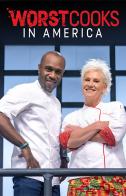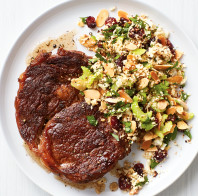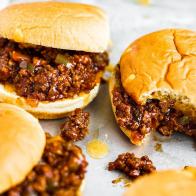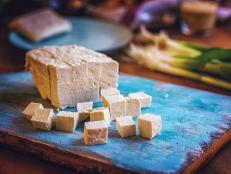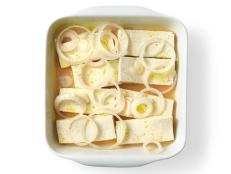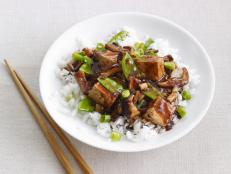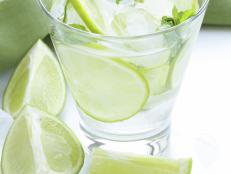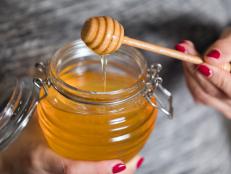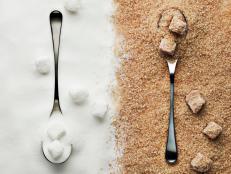Is Tofu Healthy?
Tofu isn't just for vegans or healthy eaters. Here's why tofu should be a part of any healthy diet plan.
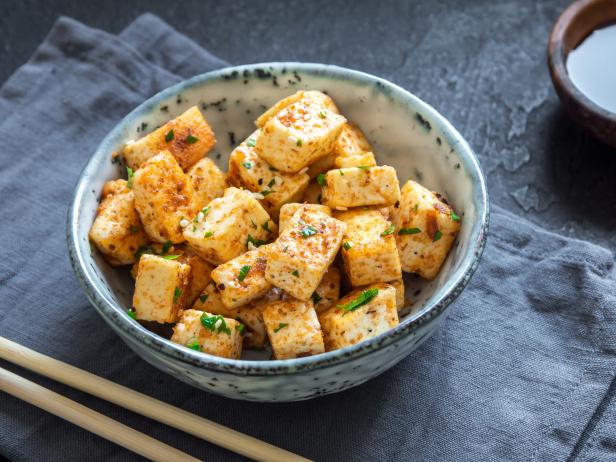
Mizina/Getty Images
Tofu is a commonly used plant-based protein that's often consumed as part of vegan and vegetarian diets. However, there's no reason meat eaters shouldn't be enjoying it too. With so much misinformation swirling about tofu and the risks eating soy-based foods, we’re here to set the record straight! Is tofu healthy? Absolutely! And here’s why.
What Is Tofu?
Tofu is made by curdling soy milk with a coagulant like calcium sulfate and then pressed like cheese. The firmness of the tofu depends on the amount of liquid that is pressed out. As such, the basic types of tofu you can find at the grocery store includes extra-firm, firm, soft, and silken.
The flavor of tofu is rather bland, but the good news is that it absorbs the flavors you use with it (like fruit in a smoothie or a tofu stir-fry). The type of tofu you choose for a recipe depends on how well you want it to maintain its shape. For example, use extra-firm tofu for grilled tofu and soft tofu for a tofu egg scramble. Silken tofu is made using a slightly different process to result in more of a custard-like product. This type of tofu works best in pureed dishes like smoothies and puddings.
Tofu Nutrition Information
The types of tofu slightly differ in nutrition information with firmer tofu being slightly higher in unsaturated fat and protein compared to the others. In order for tofu to be plentiful in calcium, read the label to check that it’s made with calcium sulfate (which fortifies tofu with calcium). Four ounces of firm tofu provides 120 calories, 13 grams protein, 6 grams fat, 1 gram saturated fat, 120 milligrams calcium, and 8 milligrams iron. Tofu is also free of cholesterol, very low in sodium, and a good source of numerous B-vitamins.
Major Myths About Tofu to Stop Believing
There are several soy misconceptions that may have had you think twice about eating tofu. Read on to find out about the two biggest soy myths — and why you should stop believing them and include tofu in your healthy eating plan.
Myth #1: Eating soy can have a "feminizing effect."
Soy is rich in isoflavones (or phytoestrogens), which incorrectly led many to believe it has a feminizing effect. However, the original 2009 article published in a men’s magazine raised the issue with a case reported about an older gentleman who developed feminizing effects (like loss of sex drive and erectile dysfunction) and linked it to soy.
What that article didn’t reveal was that the older man drank 3 quarts of soymilk per day! That amount is 8 to 9 times higher than what is typically consumed by older Japanese men, and therefore not something that should be the basis for a study on soy. In addition, a 2010 published meta-analysis found no significant effects of soy protein or isoflavone intake on levels of testosterone, sex hormone binding globulin, free testosterone or the free androgen index. Many subsequent studies also disprove the connection between eating soy and the development of breasts or other feminine features.
Myth #2: Eating soy can cause cancer.
Several animal studies conducted in the 1990s had some people believe that eating soy can lead to breast cancer. The incorrect assumption that phytoestrogens are the same as estrogen went viral in the media and Internet perpetuating the myth. However, there is much research debunking the myth that soy leads to breast cancer, and some studies even show that soy can have a protective effect. For example, Asian observational studies show soy intake associated with about a one-third reduction in the risk of developing breast cancer.
Bottom Line
Tofu can certainly be part of a delicious and healthy eating plan. If you’ve never given it a try, it’s about time you do!
*This article was written and/or reviewed by an independent registered dietitian nutritionist.
Toby Amidor, MS, RD, CDN, is a registered dietitian and consultant who specializes in food safety and culinary nutrition. She is the author of The Greek Yogurt Kitchen: More Than 130 Delicious, Healthy Recipes for Every Meal of the Day.
Related Links:





